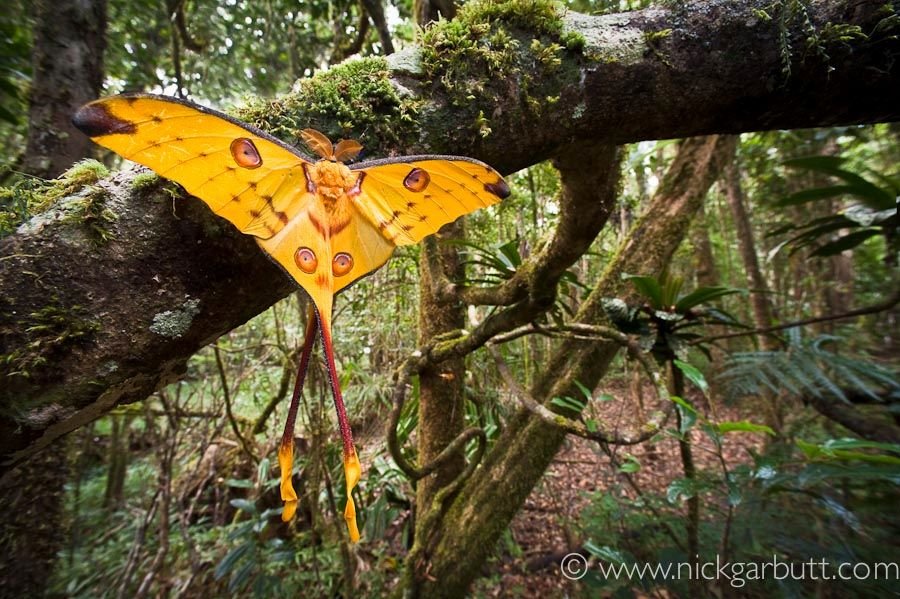WE BELIEVE IN NATURE
Madagascar is like nowhere on earth
Situated 250 from Africa in the Indian Ocean, Madagasar is the world's fourth largest island, twice the size of the United Kingdom.
The island has evolved its own distinct ecosystems and extraordinary wildlife since it split from the African continent an estimated 160 million years ago.
Madagascar’s remote location, mixed tropical climate and varied topography have led it to becoming a uniquely rich biodiversity hotspot. Madagascar is home to thousands of endemic plants and animals found nowhere else on the planet. Some 5% (1 in 20) of the world’s species are found on the island, which covers only 0.4% of the planet’s landmass. This includes its world-famous lemurs and mega-colorful chameleons.
The statistics are truly extraordinary. Around 1,000 vertebrate species, 16 families and 170 genera are endemic to Madagascar, far more than any other global biodiversity hotspot. The island also stakes a claim to being the world’s most significant centre of primate speciation, supporting all 113 lemur species.
The species often most representative of the island (other than lemurs) are the 6 species of baobab tree, the national tree of Madagascar. The thick, branchless trunk of the tree swells into the shape of a bottle as it collects rainwater.
Madagascar’s tropical rainforests are found on the eastern side of the island between the central high plateau to the west and the Indian Ocean to the east. Warm air from the Ocean is trapped along the eastern region of the island by the mountain ranges creating a warm moist climate ideal for tropical rainforest.
Tropical forests like those of Madagascar are an indispensable part of any solution to the climate crisis because of the vast amount of carbon they sequester. These forests also provide services critical to all life across the planet, including clean water, nutrient-rich soils, food, protection from diseases, habitat for wildlife and social and cultural benefits.
But the rainforest has been destroyed at an alarming rate, by some estimates, only ten percent of the original forests are left.
Climate Change
Climate change is recognised as being an increasing problem across the nation, with droughts, flooding, and cyclones intensifying in severity. Dynamic global vegetation model projections indicate that by 2050 Madagascar will lose 11–27% of its current habitat due to climate change alone.
Feedback Madagascar is dedicated to supporting rural communities in their quest for self-sufficiency, sustainable development and environmental management.
We work in partnership with communities to promote self-development whilst providing necessary support. We recognise the inter-relationship between poverty, environmental degradation and poor health, and believe that complex problems can only be solved by multi-faceted solutions. As a result, we work in multiple sectors – social (health and education), environment (conservation and natural resource management, forest restoration and rehabilitation), local economy (promoting environmentally-friendly agriculture and income generation activities) and community capacity-building in management, organisation and business development.
Ring-tailed lemur in Anja Community Reserve, Ambalavao
Thousands of rainforest species in one frame
Parsons chameleon (Calumma Parsonii) - The largest chameleon in the world
The Comet moth has a 20cm wingspan
The agile Fossa hunts lemurs in the trees
Brown lemur eating figs
Male O'Shaughnessy's chameleon
"Satanic" leaf-tailed gecko (Uroplatus Phantasticus)
The Giraffe weevil uses its long neck for nest building and fighting










